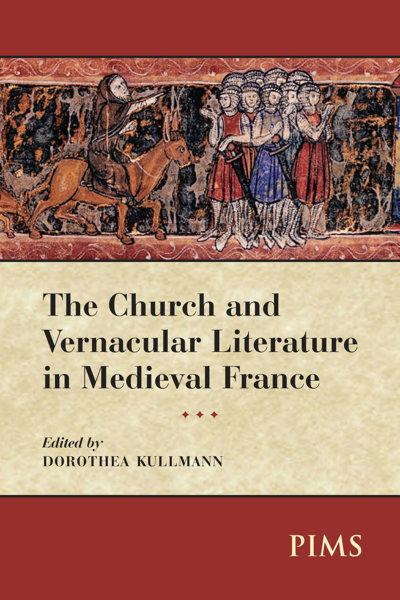
The Will in Medieval England
From the Conversion of the Anglo-Saxons to the End of the Thirteenth Century
Michael Sheehan
- Pages: 359 p.
- Size:150 x 220 mm
- Language(s):English
- Publication Year:2007
- € 60,00 EXCL. VAT RETAIL PRICE
- ISBN: 978-0-88844-006-8
- Paperback
- Out of Print
Christians of the Mediterranean basin had developed the practice of bequeathing part of their property in alms, but this practice, when applied in England, collided with Germanic family customs and rules regulating ownership of property and with ancient beliefs about the afterlife. However, the desire to give alms at death, supported by legal notions derived from Roman law, was strong enough to modify Germanic customs of succession among the Anglo-Saxons and their Norman conquerors. These Germanic customs did not entirely disappear, however; they survived and, molding the influences brought to bear on them, made their proper contribution to the English will of the thirteenth century.
Interest is not limited to a considereation of the theory of the will, nor even to a consideration of the processus of execution, administration and enforcement. These matters are studied, of course, but an effort is made to interpret the developments of this institution in terms of the desires and needs of society, to show the motives which caused it to appear and its effects on the law of succession and on the accumulation of family fortunes.
Included is a list of the published wills of the thirteenth century and editions of a selection of documents concerned with the bequest of property and the procedure of execution.

